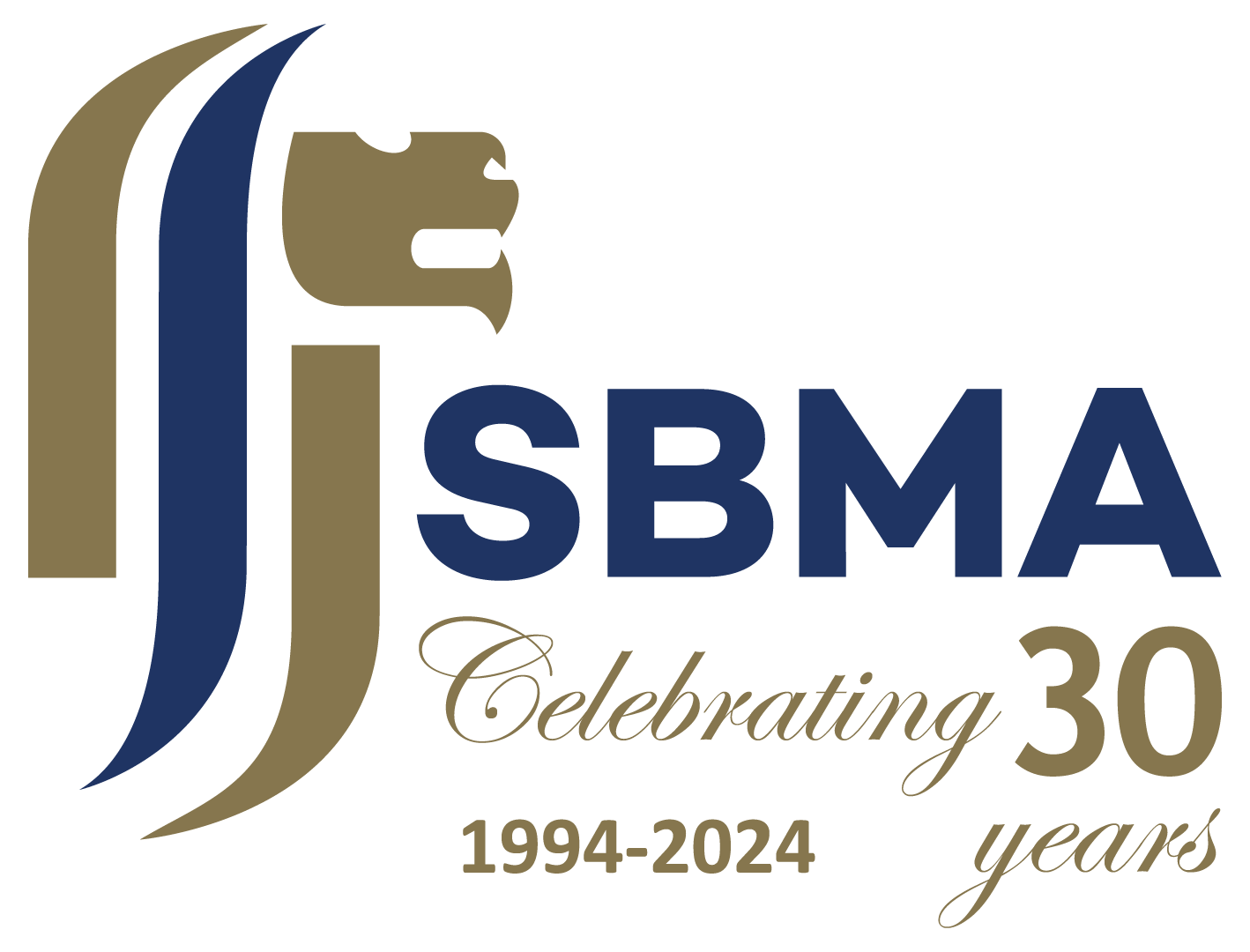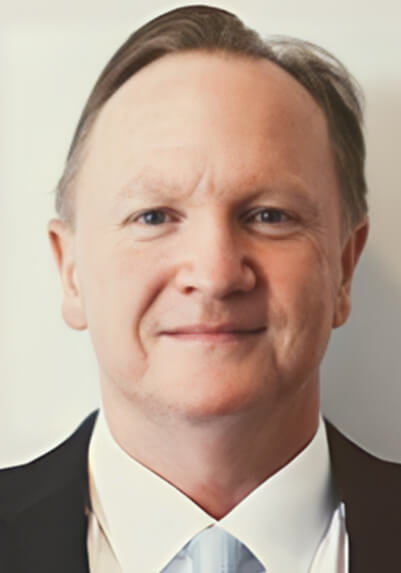Navigate
Article List
- SBMA Successfully Concludes First Virtual APPMC
By Albert Cheng, CEO, SBMA
- APPMC: Market Updates
By SBMA
- The Significance of SPDR Gold Shares Dual Currency Trading
By Geoff Howie, Market Strategist, Singapore Exchange
- Our Vision for the Gold Market
By Andrew Naylor, Head of ASEAN and Public Policy, World Gold Council
- The New Investment Landscape is Green
By Vikas Shenoy, Head of APAC Origination & Partnerships, Trovio
- Gaining Exposure to Gold via Streaming and Royalty Companies
By Emil Kalinowski, Researcher, Wheaton Precious Metals
- There is Still Mettle Left in the Precious Metals
By Bart Melek, Global Head of Commodity Strategy, TD Securities
- SBMA News
By Albert Cheng, CEO, SBMA
Article List
- SBMA Successfully Concludes First Virtual APPMC
By Albert Cheng, CEO, SBMA
- APPMC: Market Updates
By SBMA
- The Significance of SPDR Gold Shares Dual Currency Trading
By Geoff Howie, Market Strategist, Singapore Exchange
- Our Vision for the Gold Market
By Andrew Naylor, Head of ASEAN and Public Policy, World Gold Council
- The New Investment Landscape is Green
By Vikas Shenoy, Head of APAC Origination & Partnerships, Trovio
- Gaining Exposure to Gold via Streaming and Royalty Companies
By Emil Kalinowski, Researcher, Wheaton Precious Metals
- There is Still Mettle Left in the Precious Metals
By Bart Melek, Global Head of Commodity Strategy, TD Securities
- SBMA News
By Albert Cheng, CEO, SBMA
The New Investment Landscape is Green
By Vikas Shenoy, Head of APAC Origination & Partnerships, Trovio
Published on June 10, 2021
With shifting social and cultural norms in recent years and a growing awareness of how human activities affect the environment, modern investors are becoming more environmentally conscious than their predecessors. The demand for “greener” portfolios is on the rise, and it doesn’t look like it will be slowing down anytime soon. Fortunately, new products are being created that leverage the latest technologies to overcome some of the hurdles of traditional industries, offering more sustainable choices for the forward-thinking investor.
Old vs. New
Not long ago, the conventional wisdom in the investment landscape was relatively simple: look for products with the highest risk-adjusted returns. From a purely value-focused standpoint, this, of course, makes perfect sense.
However, this mindset is swiftly changing. A growing, global focus on more ethical and sustainable practices for both industries and individuals has given rise to environmental, social and governmental (ESG) investing. ESG-centric products work to address issues surrounding sustainability, exploitation and inequality that arise in many of the sectors that traditionally have been highly attractive to investors.
The rise in popularity of ESG-based portfolios is being driven by several factors. For one, governments and regulators are placing increasing pressure on businesses to meaningfully reduce carbon emissions or go completely carbon neutral. For example, US President Joe Biden has already committed US$2 trillion towards updating industry infrastructure to meet these goals. Furthermore, many G20 member nations are promoting the widespread adoption of corporate climate risk reporting in accordance with global standards.
In a similar vein, institutional investors are increasingly being subjected to ESG-based scoring of their investment portfolios. This means that those unwilling to conform with this new philosophy risk reputational damages, incentivising firms to reimagine how they do their business and encouraging them to seek new, more forward-thinking products.
Another important area in which ESG investing is gaining traction is in the retail sector. Since 2020, a flood of new users have flocked to easily accessible investment platforms such as Robinhood. Many of these customers are young and focus more on environmental and social concerns, than returns alone. They want their investments to minimise the impact on the world around them.
This outlook has also had a significant bearing on how institutional money managers and corporations think. Thus, companies are looking internally to make sure operational models meet the environmental and social benchmarks set by the market.
ESG Gold?
Attempts to overhaul gold industry infrastructure and practices to minimise carbon emissions are under consideration. However, this transformation won’t occur overnight, and will never fully address the problem at scale. Offsetting the carbon emissions created during the process, however, may represent an achievable and time-effective goal.
New technologies and methods are emerging that address both the needs of ESG investors while also ensuring robust returns. LBMA’s Responsible Sourcing provides guidelines for Good Delivery List refiners to demonstrate their efforts to combat money laundering, terrorist financing and human rights abuses, and respect the environment globally.
On the technology front, companies like Trovio, for example, offer a blockchain-powered platform that enables a new, digital ecosystem and brings a range of assets, including commodities like gold, within the accepted framework of ESG investing. Such technology enables immutable linking of scientifically determined carbon offsets to assets. Additionally, providing provenance data to the investors ensures that the underlying asset can be tracked from mine to vault.
Asset owners, such as gold refiners and banks, could retire carbon offsets, couple them with supply chain provenance data, creating fully verifiable carbon neutral assets – an innovation that the investing community hasn’t thus far seen. GoldZero is a listed ETF product that will be launched on ASX that gives investors exposure to physical gold, with the added benefit of carbon neutrality and its positive impact on ESG scoring. The ETF will make use of prevailing industry guidelines such as LBMA’s Gold Bar Integrity Initiative to additionally verify that the gold used for these investment vehicles has come from responsible sources only.
It’s these types of innovations that will pave the way forward for an increasing amount of ESG-minded products in the coming years. This trend towards earth-conscious investing is likely to pervade, especially as climate change becomes a more prominent issue. Technologies like blockchain are providing powerful new tools that allow for more people than ever to use their money to promote change, and it’s looking to be a benefit for industry, investors, and the environment alike.

VIKAS SHENOY is Head of APAC Origination & Partnerships at Trovio, a commodities digitisation company for the precious metals industry. Its current product suite includes GoldPass for The Perth Mint, Perth Mint Gold Token (PMGT) and Universal Gold token (UPXAU) issued along with the Universal Protocol Alliance. Prior to joining Trovio, Vikas spent nearly 10 years in commodities sales & trading with Société Générale, ANZ Bank and Deutsche Bank, across Mumbai, London and Singapore.























